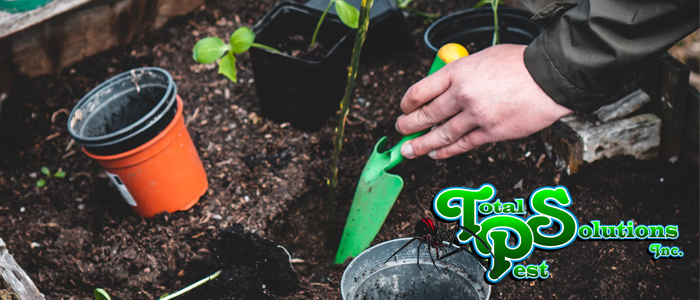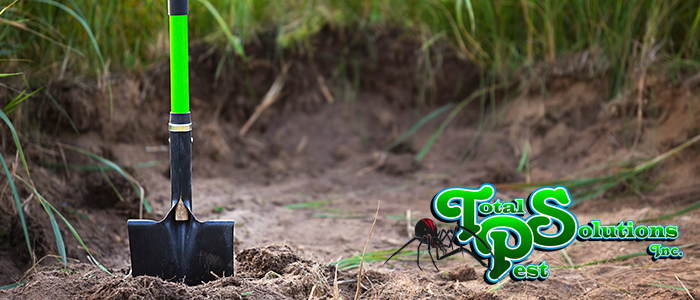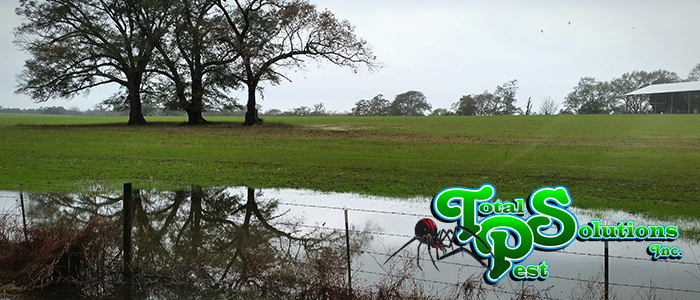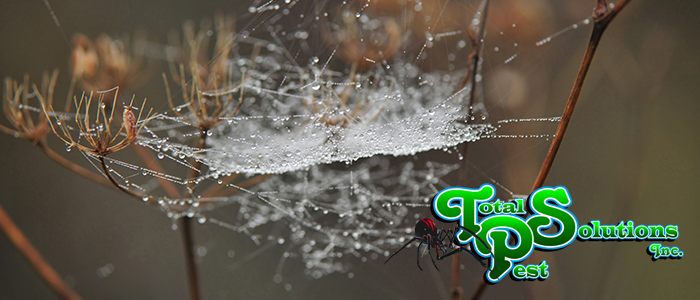
How to Control Pests and Diseases in Organic Gardening
Organic gardening is a rewarding way to grow healthy, chemical-free plants, but one of the challenges gardeners face is managing pests and diseases without resorting to synthetic pesticides. Fortunately, there are many effective, natural methods to protect your garden while maintaining its organic integrity. Here’s how to control pests and diseases in organic gardening and keep your plants thriving.
Encourage Beneficial Insects
One of the best ways to control pests in organic gardening is by encouraging beneficial insects. These helpful creatures, such as ladybugs, lacewings, and parasitic wasps, naturally prey on harmful pests like aphids, caterpillars, and mites. You can attract these beneficial insects by planting flowers such as marigolds, daisies, and fennel, which provide them with nectar and pollen. By fostering a diverse ecosystem, you’ll create a natural balance that keeps pest populations in check without the need for harmful chemicals.
Use Organic Pest Control Solutions
There are a variety of organic pest control solutions that can help manage infestations without damaging your plants or the environment. Neem oil, for example, is a popular choice for organic gardeners, as it effectively controls pests like aphids, whiteflies, and beetles. Other options include insecticidal soaps and diatomaceous earth, which are safe for your garden and the beneficial organisms within it. These treatments are best applied early in the morning or late in the evening to avoid harming pollinators like bees.
Practice Crop Rotation and Companion Planting
Diseases in organic gardening can often be prevented through good garden planning. Crop rotation is the practice of changing the types of crops you plant in each garden bed every season, which helps to disrupt the life cycles of pests and pathogens. Companion planting, on the other hand, involves growing certain plants together that benefit one another. For example, planting basil near tomatoes can repel aphids and other pests, while garlic can deter slugs and root maggots. These natural strategies promote plant health and reduce the likelihood of disease.
Keep Your Garden Healthy
A healthy garden is less susceptible to pests and diseases. Proper watering, soil management, and pruning can make a significant difference in the overall health of your plants. Watering at the base of plants and in the morning reduces moisture on leaves, which can lead to fungal infections. Adding organic compost improves soil structure and fertility, helping plants develop strong root systems that can resist pests and diseases. Regularly inspecting and removing diseased or damaged plant parts will also minimize the spread of infections.
Benefits of Organic Gardening
Organic gardening may come with its challenges, but controlling pests and diseases doesn’t have to mean sacrificing your commitment to natural growing methods. By encouraging beneficial insects, using organic pest control solutions, practicing crop rotation, and keeping your garden healthy, you can successfully manage common garden pests and diseases. These strategies help maintain the balance of your organic garden, allowing your plants to flourish without the use of harmful chemicals.
For more helpful tips on organic gardening and pest control, contact us at Total Pest Solutions.
continue reading
Related Posts
New Year Lawn Resolutions for Haines City: Soil Testing &
Auburndale’s Post-Storm Lawn Recovery: Addressing Flood Damage Following a severe
Davenport’s Spider Invasion: Managing Winter Web Builders As the temperature







